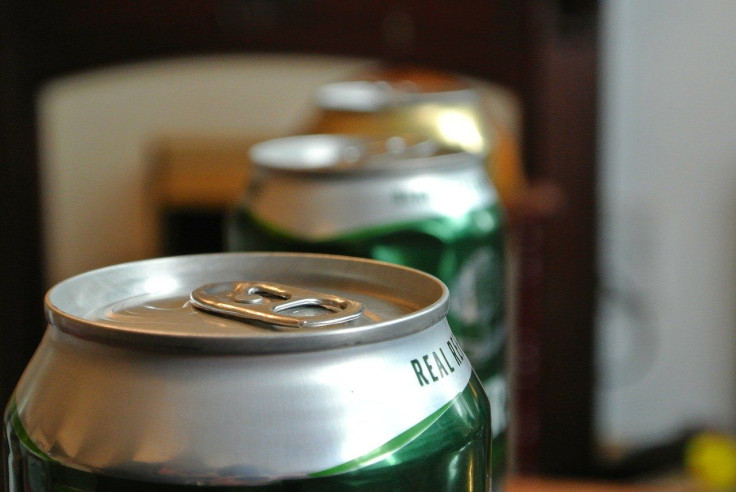Alcohol-Related Deaths In US Doubled Since 1999, Researchers Say Number Might Be Much Higher

KEY POINTS
- Researchers looked at death certificates to identify alcohol-related causes of death from 1999 and 2017
- Middle-aged men accounted for the most deaths while women saw the highest annual increase in deaths
- Increase of deaths coincides with increase of alcohol-related injuries in the U.S. since 2000
A new study found alcohol-related deaths in the U.S. have more than doubled since 1999 and researchers warned the actual number is much higher.
The study, titled “Alcoholism: Clinical and Experimental Research,” was published Wednesday by the National Institute on Alcohol Abuse and Alcoholism. Researchers gathered data by looking at and comparing alcohol-related deaths from 1999 to 2017. Researchers found 35,914 alcohol-related deaths in 1999 had increased to 72,558 in 2017, with almost 1 million deaths during that period.
Causes of death included liver disease, overdosing on alcohol, and mixing alcohol with drugs.
It was found in 2017 that 2.6% of 2.8 million deaths in the U.S. were due to alcohol. Men ages 55 to 64 accounted for most of the deaths while women saw the largest annual increase in deaths.
“Because women reach higher blood alcohol levels than men of comparable weights after consuming the same amount of alcohol, their body tissues are exposed to more alcohol and acetaldehyde, a toxic metabolite of alcohol, after each drink,” the study’s authors wrote.
The study’s authors connected this rise in deaths to higher alcohol consumption in the U.S. Average drinking is up around 8% since 2000 while binge drinking has increased 7.7%.
The rise in deaths comes with an increase in alcohol-related injuries. Since 2000, people hospitalized due to alcohol-related injuries increased by 51.4%, with ER admissions increasing 47.3% since 2006 for people over the age of 12.
Researchers also noted that the numbers may be undercounted, as death certificates don't always take into account the role of alcohol.
“When multiple researchers come to the same conclusion using different methods, I can tell you for certain these results are valid,” Dr. Elliot Tapper, told CNN. Tapper serves as an assistant professor at the University of Michigan with a focus on cirrhosis and hepatic encephalopathy.
While he was not involved in the study, Tapper has looked at previous studies when doing his own research into the dangers of high alcohol consumption. He found that an increase in health problems like obesity and diabetes combined with stronger drinks play significant roles.
“I live in a college town and I see college kids drinking products that are sweeter, easier to drink and have a higher percentage of alcohol,” Tapper said.
© Copyright IBTimes 2025. All rights reserved.





















